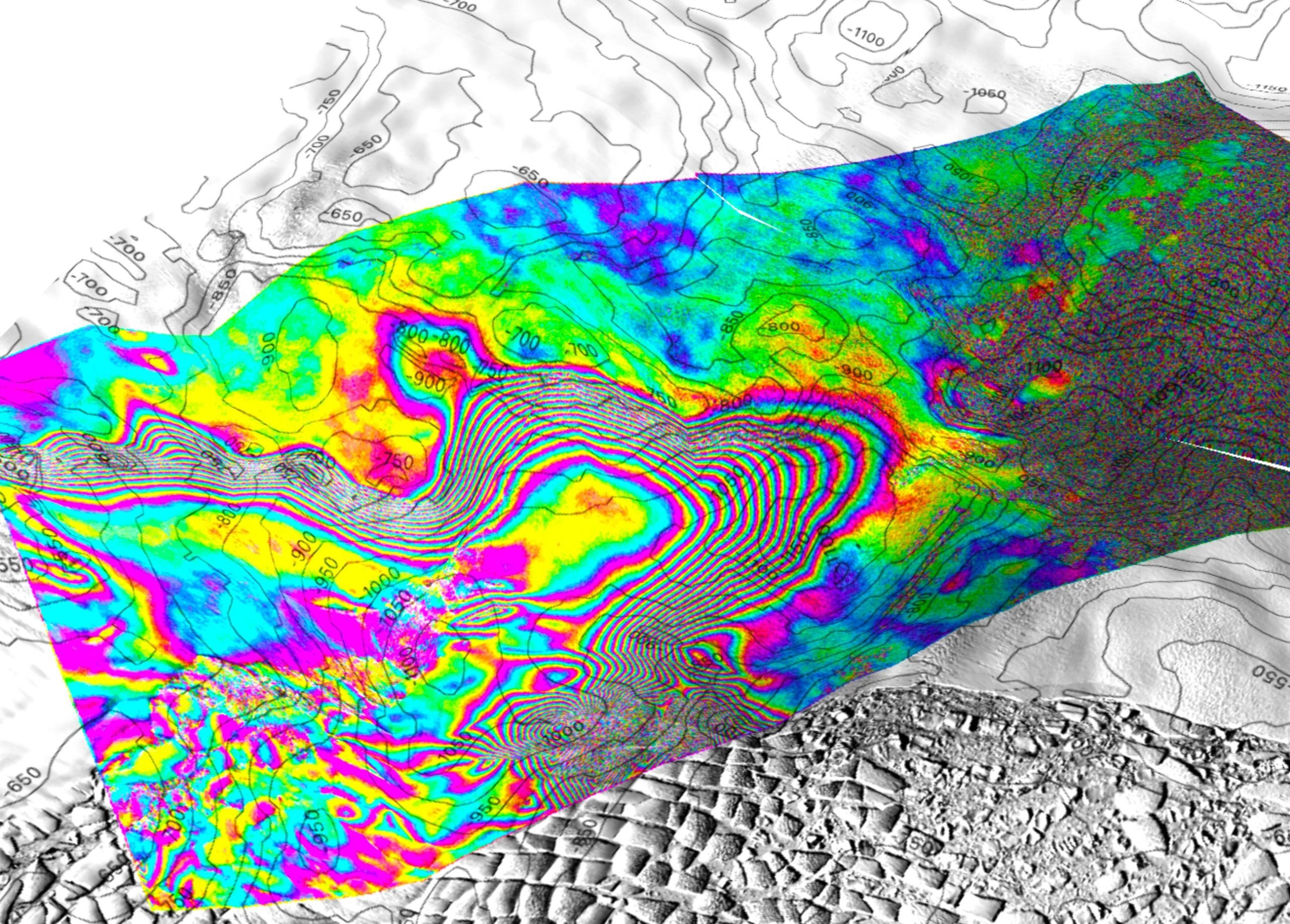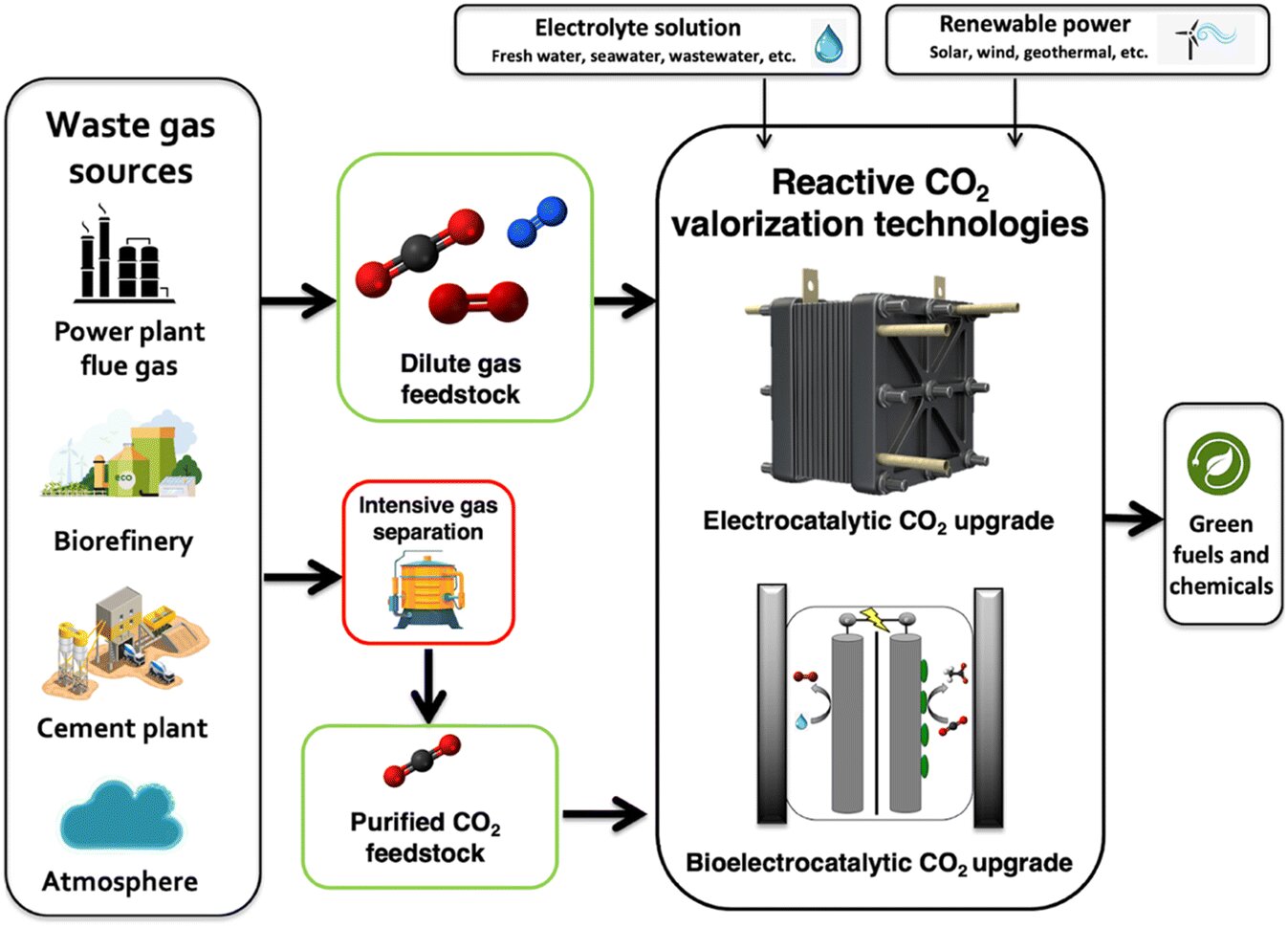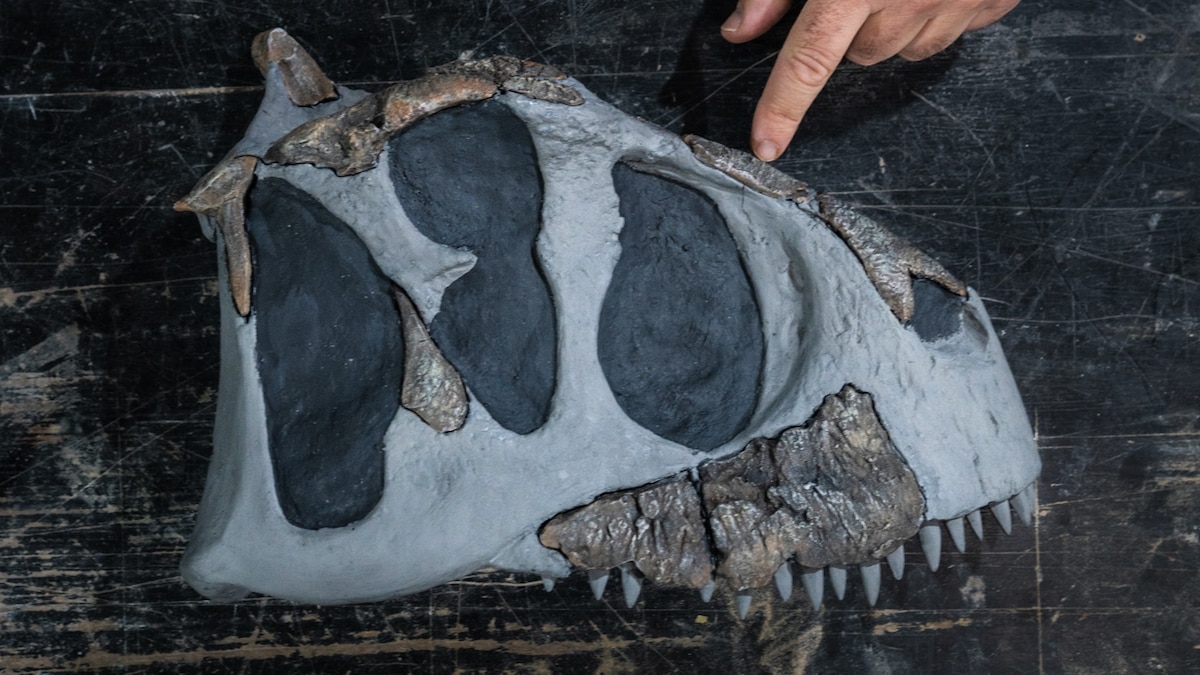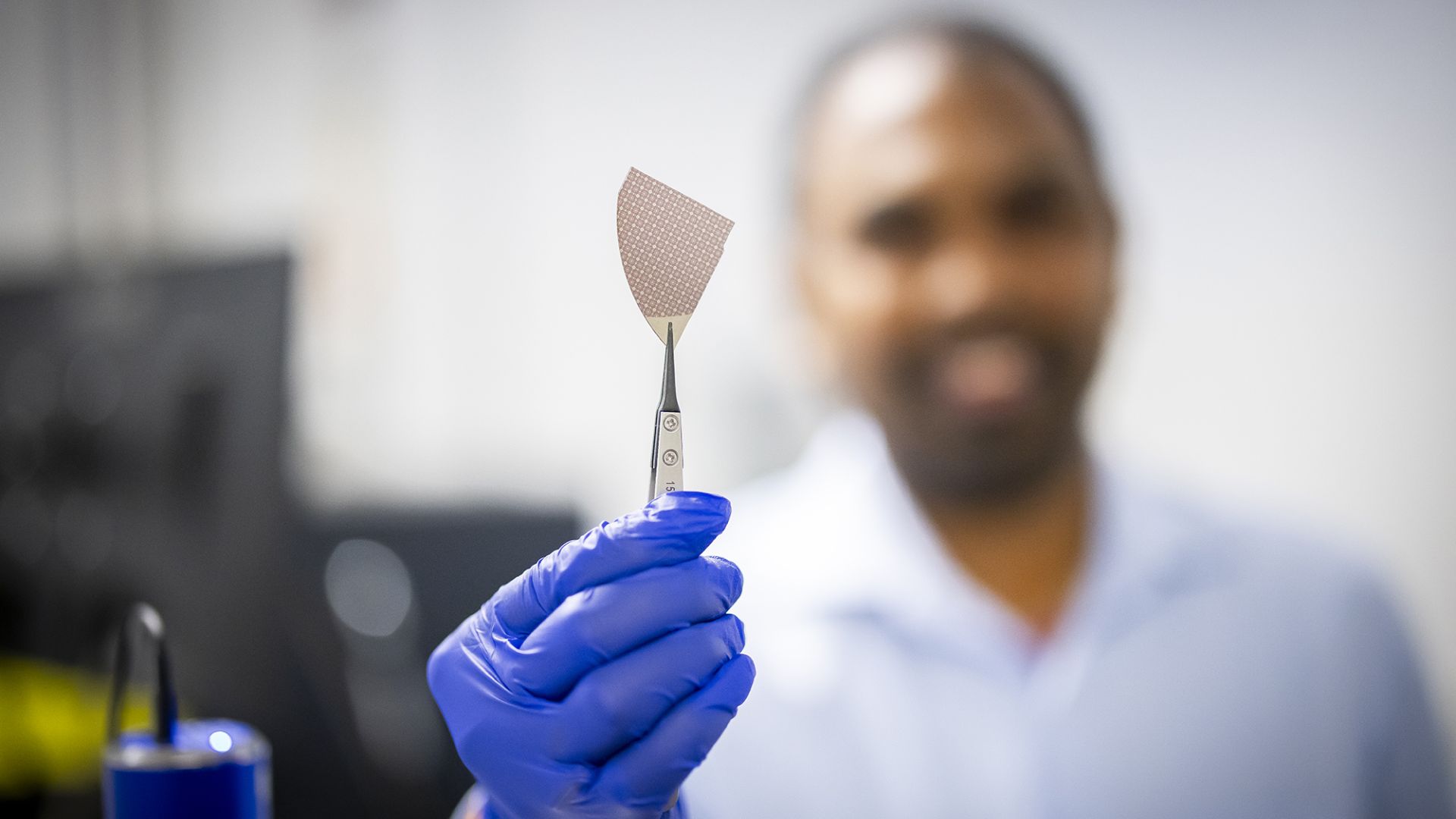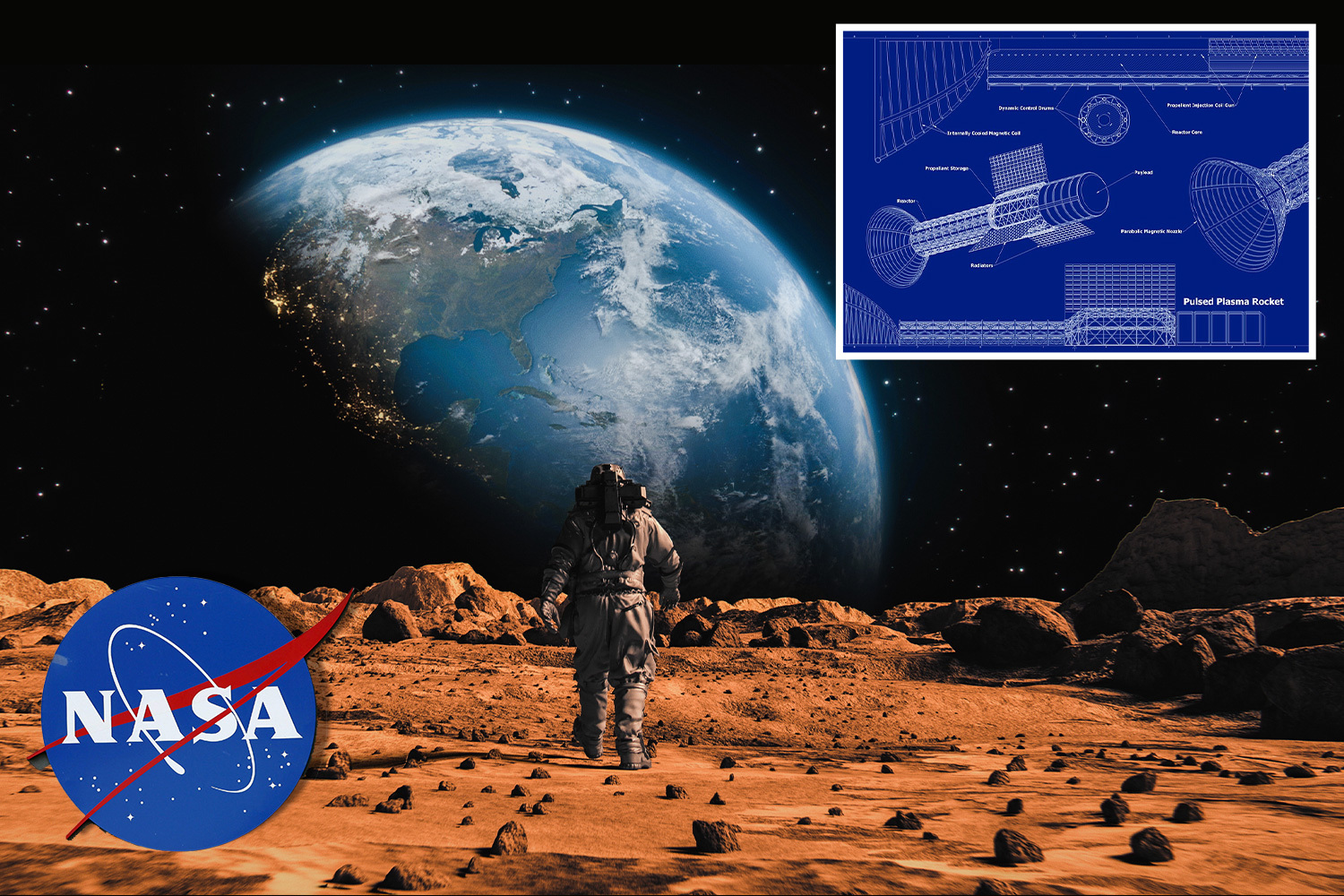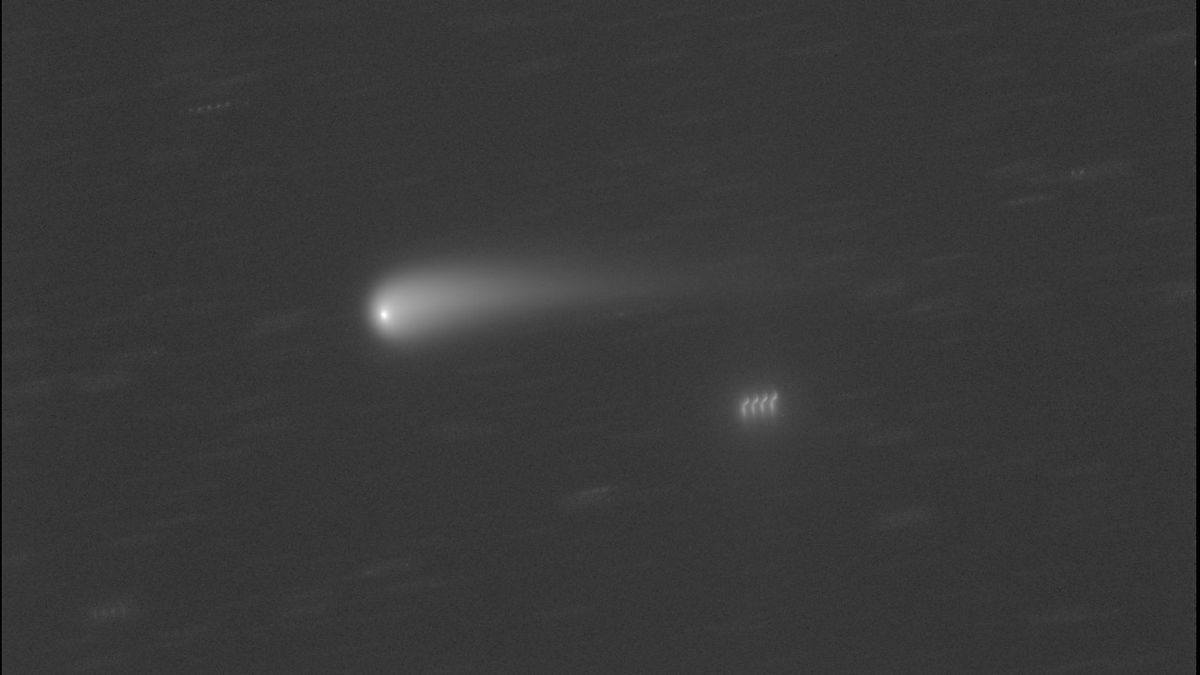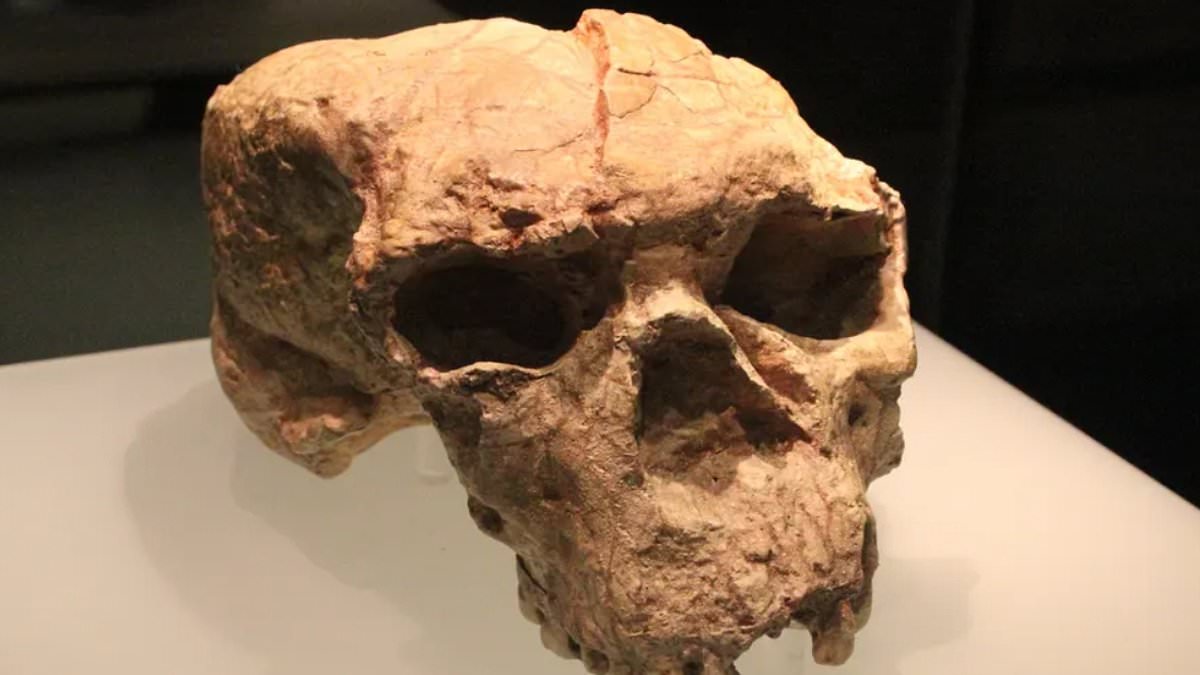Dr. Thomas Hughes
Satellites Reveal “Vigorous Melting” Beneath Antarctica’s Thwaites Glacier
Science
A team led by glaciologists at UC Irvine used satellite radar data to reconstruct the impact of warm ocean water surging in ...
Costly gas separation may not be needed to recycle CO₂ from air and industrial plants
Science
This article has been reviewed according to Science X’s editorial process and policies. Editors have highlighted the following attributes while ensuring the content’s ...
Scientists just dug up a new dinosaur—with tinier arms than a T.Rex
Science
“When we prepared the concretion at the lab, we found the entire back end of Koleken was preserved in perfect articulation,” Pol ...
The first crew launch of Boeing’s Starliner capsule is on hold indefinitely
Science
Enlarge / Boeing’s Starliner spacecraft on the eve of the first crew launch attempt earlier this month. Miguel J. Rodriguez Carrillo/AFP via ...
Dark matter: New detector will look for “ultra-light” particles
Science
Astronomers have a problem. Stars and galaxies dance to an unexpected tune, their motion seemingly governed by six times the matter that ...
New memory device bears rock melting heat, retains data at 1,112°F
Science
Researchers at the University of Pennsylvania (UPenn) have developed a new heat-proof memory device that can operate at temperatures as high as ...
Scientists hit ‘disaster’ button after chilling discovery
Science
Antarctica’s Thwaites or “Doomsday” Glacier could increase seas flooding coastal cities. — AFP World’s topglaciologists in a new study have concluded that ...
Inside mega Nasa plasma rocket that could help send astronauts to MARS
Science
NASA has revealed it is funding the development of a landmark pulsed plasma rocket that it hopes will enable “a whole new ...
A comet approaching Earth could become brighter than the stars this fall
Science
In a year in which we have already been treated to the “Great North American Solar Eclipse” in April and one of ...
Skull found in China may belong to a ‘Dragon Man’ that lived one million years ago
Science
A mysterious ancient human-like skull found in China may have been the love child of two species, according to researchers. They believe the ...

